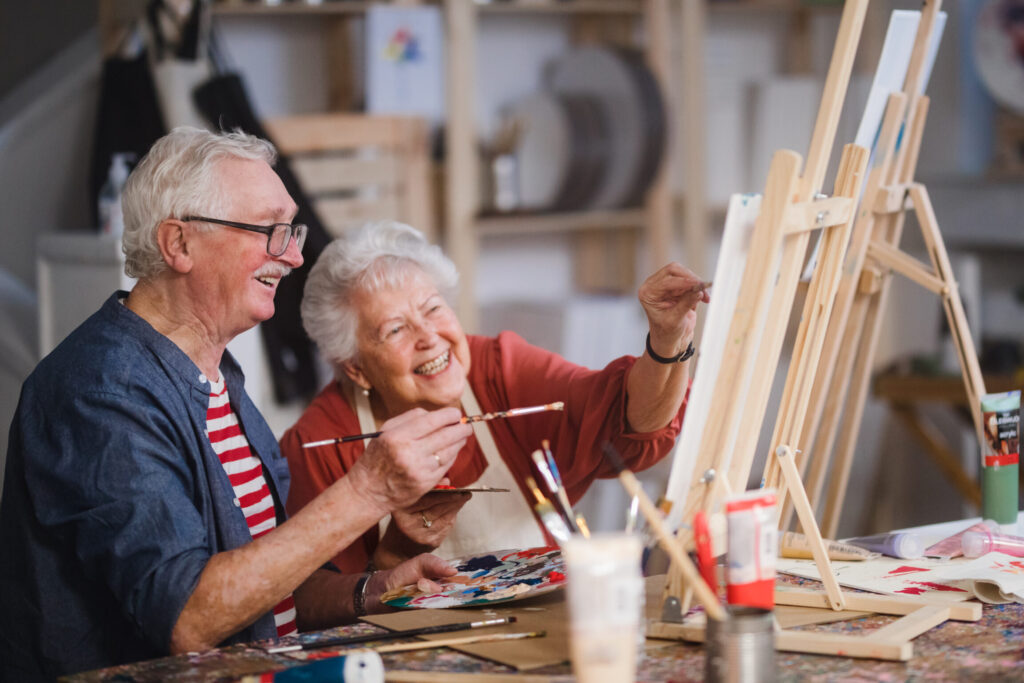“Never let your friends feel lonely. Disturb them all the time.”
— Beatles Philosophy
In a crisis? Call or text 988
Mental illnesses touch everyone, including older adults, yet stigma often prevents them from getting the care and support they deserve. It’s important to normalize the conversation around mental health because just like a physical illness, mental illnesses are treatable health conditions, but if they’re not talked about, care is often delayed.

Various life events can trigger mental illnesses for older adults, including the loss of a loved one, chronic pain, reduced mobility, loneliness, loss of social connection with others or being excluded from social circles, moving to a care facility or even family moving away.
It is estimated that one in five people aged 55 years or older live with a mental illness, depression being the most common, and as many as 14% of older adults meet the criteria for a diagnosable anxiety disorder. Although common, mental illnesses are not a normal part of aging.
It is common for depression in older adults to be misdiagnosed or undertreated. It may be mistaken for a reaction to another illness or even a normal part of aging. Because of this, two-thirds of older adults do not get the treatment they need. It’s also common for older adults to share the belief that mental illness is a normal part of aging, or they may not understand that treatment could help and therefore don’t seek treatment. Individuals also may hold stigmatized beliefs about mental illness, further preventing them from seeking treatment.3
— Beatles Philosophy
Stay connected. Coffee chats, a phone call, a walking date and volunteering can instantly connect people. The power of social connection provides a sense of belonging and community. It reduces isolation and helps people thrive.
Listen and start a caring conversation: If an older adult opens up to you about their mental health, listen with a caring ear, let them know you are there for them and respond with compassion. Learn what to say.
Share stories of connection and hope. Stories are a powerful way to connect people and help them feel less alone. Explore lived experiences
Share resources and ways to calm the mind and connect with others with the Tools To Thrive pocket guide.
Raise awareness that mental health conditions are not a normal part of aging.
Sources: